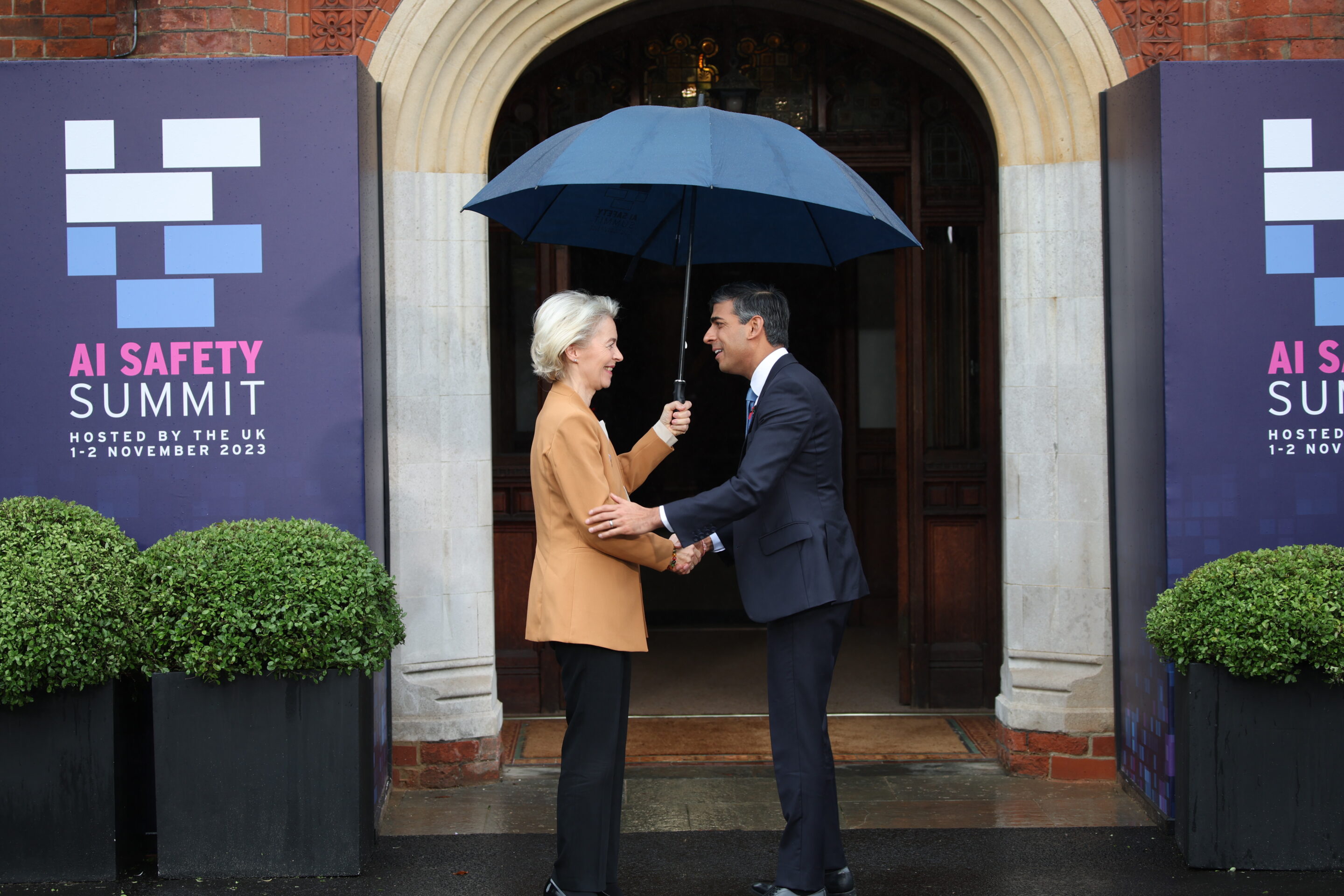BRUSSELS BEHIND THE SCENES
Weekly analysis with Sam Morgan
Brexit continues to come undone slowly piece by piece as the United Kingdom’s decision to leave the European Union fails to stick. A return to the Union is not imminent but is becoming more likely and, most importantly, easier to pull off.
Thousands of analogies about Brexit have been penned in the nearly eight years since UK voters narrowly decided to quit the EU.
From a clown car suddenly falling apart at the seams to a sinking ship rapidly taking on water, writers have exhausted the well of metaphor and satire.
Most of that descriptive language normally framed Brexit’s struggles as a quick collapse. Actually, it is more like a retreating glacier, inevitably climbing its way back up the mountain as it is slowly warmed by unpleasant realities.
A few more of those realities bit this week.
BRUSSELS BEHIND THE SCENES includes weekly analysis not found anywhere else, as Sam Morgan helps you make sense of what is happening in Brussels. If you want to receive Brussels Behind the Scenes straight to your inbox every week, subscribe to the newsletter here.
The UK government’s attempts to unpick EU law and forge its own path have regularly come up against a brick wall.
If it wasn’t the tenets of the Northern Ireland Protocol holding Westminster back, then it was simple truths about commerce and trade preventing wholesale changes to how business is done.
Recent attempts to reform engine standards and product labelling have come to nowt because lawmakers have realised that sticking with the current regime of rules and regulations is by far the easiest course of action.
More of these nitty-gritty details are set to rear their head soon.
The EU is implementing a new carbon border tax called the carbon border adjustment mechanism, or CBAM. It will impose tariffs on certain imported goods that don’t meet the EU’s sustainability criteria.
Indian steel, Turkish aluminium, Chinese cement: if these goods are manufactured using dirty processes and the emissions are not charged at home, the EU will do it for them and keep the profits.
The UK obviously fits into this and although it has its own version of the EU’s carbon market, it might not be able to withstand the impact of CBAM. Especially when it comes to the lucrative trade in electricity.
If the UK cannot export its renewable energy, which it intends to keep rolling out at a fast pace, then the business case collapses. Then the EU will have less green power to tap into, increasing emissions, meaning everyone loses.
Consider Chinese electric cars as well. Brussels is on the cusp of slapping tariffs on Chinese EVs from firms that have been granted subsidies and tax breaks that breach the EU’s competition rules.
If the Union does indeed end up taking this step – temporary measures might be imposed as early as July – then that creates a headache for the UK, whose import tariffs are already lower than the EU’s as it is.
Westminster would likely have to follow suit and implement the same or a similar regime in order to prevent China from flooding its market with EVs that were destined for the mainland European market.
It is just another example of many where alignment and being inside the club rather than peering through the window is advantageous. The case for remaining outside gets weaker and flimsier with each passing geopolitical event.
Former EU Brexit negotiator Michel Barnier reiterated what he has been saying for the last eight years during a meeting of his political group this week, that the “door is still open” for the UK to return.
That assessment is unlikely to change and the case for it, from the EU side, will arguably only get stronger in the coming years.
Russia’s threat on the EU’s eastern flank will not be resolved anytime soon and Donald Trump might become US president again in November. The EU needs friends and the UK, a nuclear power, fits the bill nicely.
From an internal politics point of view, the EU has seen France’s hand on the tiller increase its grip since the UK left and Germany lost Angela Merkel as chancellor. A returning UK would likely go some way to readdressing that balance of power.
Behind the Scenes turned to a couple of diplomats to ask what they thought of the idea and how it would work with other countries trying to join the EU, in particular Ukraine.
The general consensus was that “there is no queue” and that if the UK were to meet the technical criteria, then the political hurdles would not be impossible to overcome. Who knows if that means joining the euro or Schengen…
Nothing will change until the current Conservative government’s 14 years in charge comes to an end. That is almost certainly going to happen later this year at a general election that Labour is expected to win in a landslide.
Brexit’s 10 year anniversary will be celebrated during this new government’s first two years in charge. Whether that will be time enough to start reversing it remains to be seen but momentum is building in its favour.
BRUSSELS BEHIND THE SCENES includes weekly analysis not found anywhere else, as Sam Morgan helps you make sense of what is happening in Brussels. If you want to receive Brussels Behind the Scenes straight to your inbox every week, subscribe to the newsletter here.

